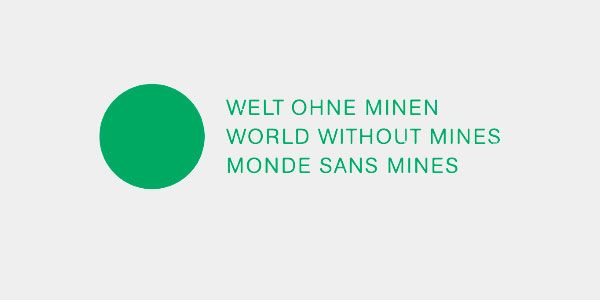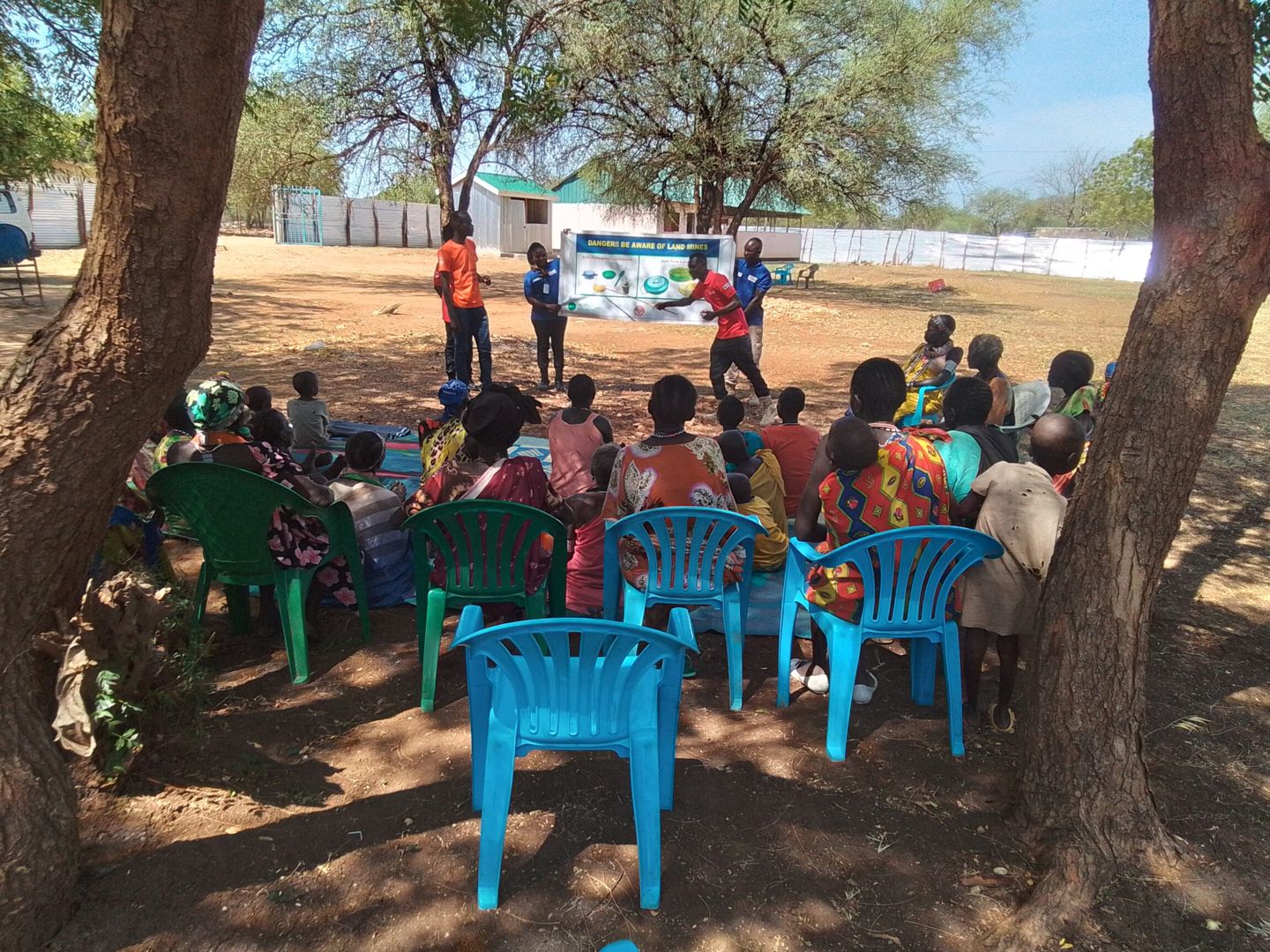The Issue
In South Sudan, the aftermath of decades-long conflicts has left vast stretches of land riddled with mines, Explosive Remnants of War (ERW), and cluster munitions. This hazardous landscape poses a significant threat to the well-being of the local population, hindering their access to essential services such as water collection, firewood gathering, agricultural activities, education, and healthcare.
The presence of ERWs not only jeopardizes the safety of individuals trying to escape violence or return to their homes but also obstructs the delivery of crucial humanitarian aid. Furthermore, it acts as a barrier to socio-economic development by causing injuries within communities and rendering local land, resources, and infrastructure inaccessible.
According to the United Nations Mine Action Service (UNMAS), the total contaminated area with ERW in South Sudan is estimated to be over a staggering 17 million square meters.
The Project
In response to the urgent need for enhanced community safety in South Sudan, DCA is actively engaged in a comprehensive Explosive Ordnance Risk Education (EORE) intervention. The initiative is designed to raise awareness and provide training to vulnerable groups, with a special emphasis on children and youth. By disseminating knowledge on safe practices, DCA aims to significantly reduce the threat of contamination within local communities.
The targeted efforts focus specifically on mitigating risks associated with mines and ERW. Through sustainable education activities, DCA is committed to instilling a culture of awareness and responsible behaviour among the youth. The project will be implemented in Kapoeta Counties, Eastern Equatoria State, an area characterized by high levels of contamination. In addition to the education and training activities, our project incorporates a social cohesion component. Leveraging the connection established with the youth through education and training, we aim to strengthen community bonds and foster positive relationships. This approach not only enhances the impact of the intervention but also contributes to the overall well-being of the involved communities. Furthermore, the intervention seeks to provide comprehensive support to ERW victims, ensuring timely and appropriate assistance.

The Change
By raising awareness among children and youth, DCA is fostering a culture of informed decision-making and safe practices, crucial for reducing the threat of mines and Explosive Remnants of War.
Targeting high-contamination areas, the initiative seeks to mitigate risks and create a safer environment for daily activities. The inclusion of a social cohesion component strengthens community bonds, amplifying the impact of our intervention.
Additionally, the focus on ensuring timely support for ERW victims, addresses the humanitarian aspect of these hazards. Through sustainable education activities, DCA anticipates a lasting positive impact on the community, promoting resilience and reducing the likelihood of future incidents.
The Results
The project aims to create heightened awareness among 15,000 individuals, including girls, boys, women, and men in our target locations. This achievement signifies a pivotal step towards creating a safer and informed community.
The intervention kicked off in January 2024 and is scheduled to continue until the end of the year.
Our Work
DCA South Sudan provides inclusive humanitarian and development assistance to the most vulnerable individuals and communities in areas affected by disasters and emergencies caused by conflict and climate change. We work to build safer communities through humanitarian mine action and explosive ordnance risk education in local communities and schools.
About the project
Full title: Enabling a safe future through EORE in South Sudan
Period: January 2024 – December 2024
Funding: USD 170,000
Expected number of people reached: 15,000
Main Donor: Welt Ohne Minen


